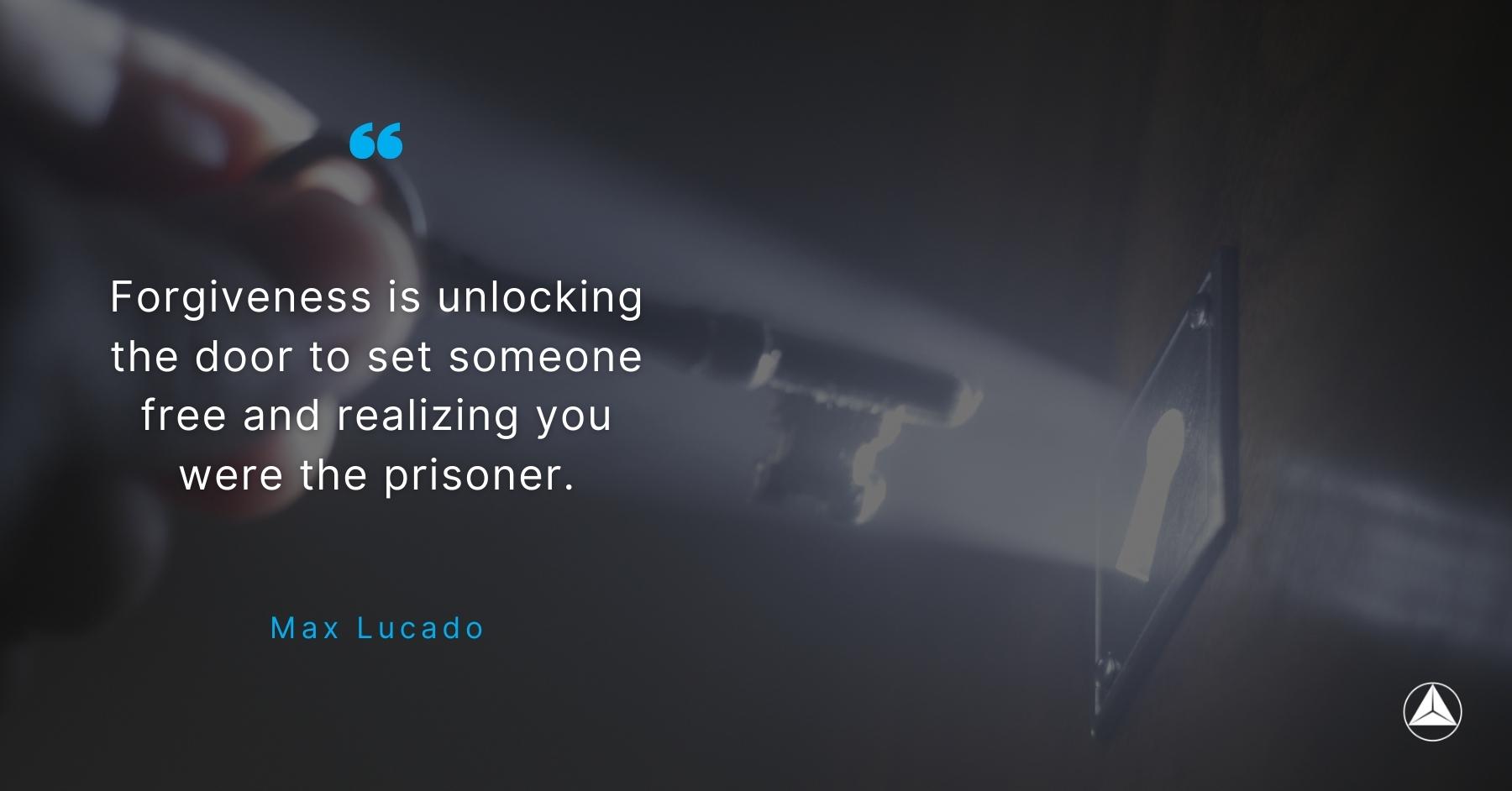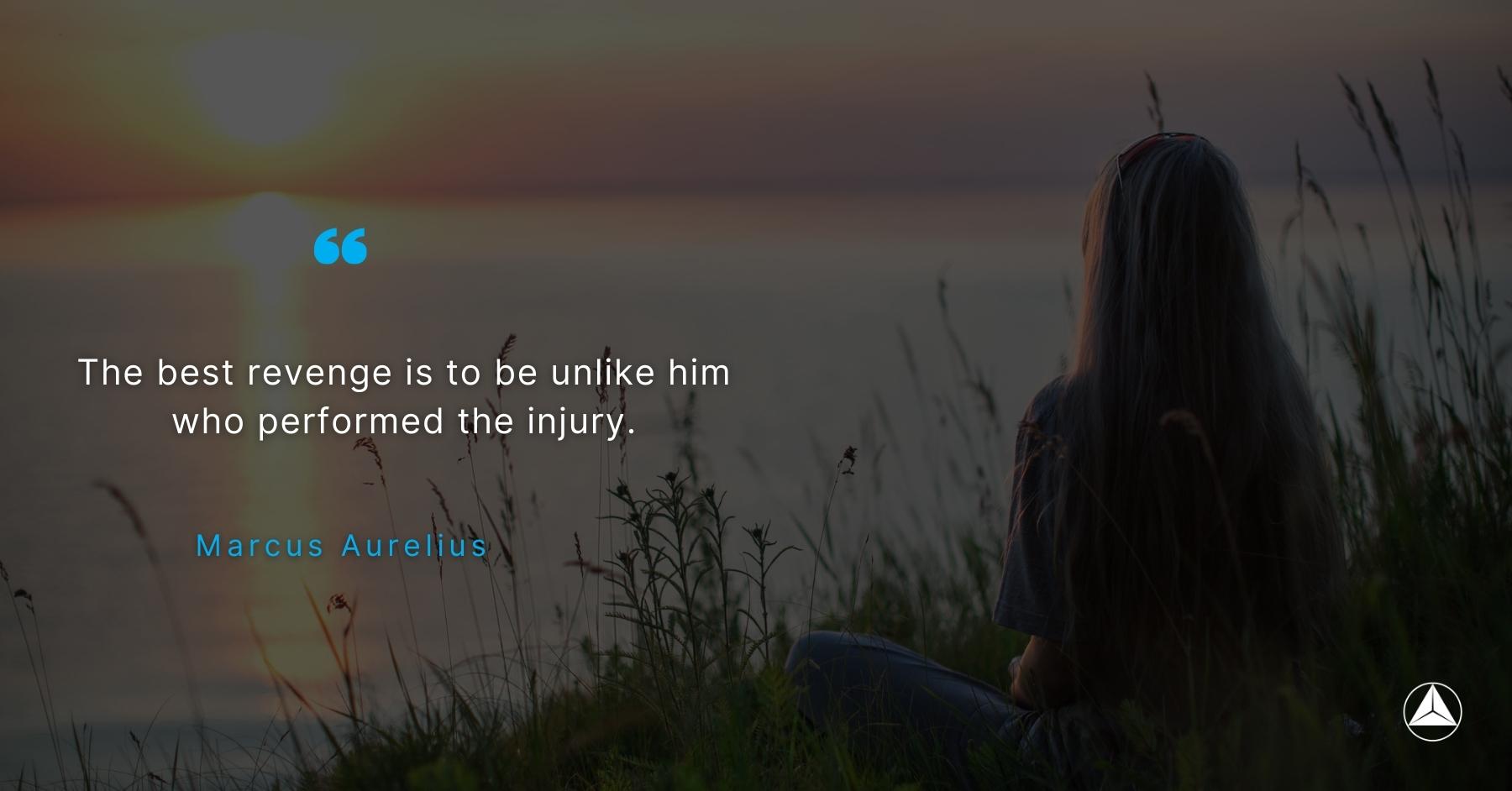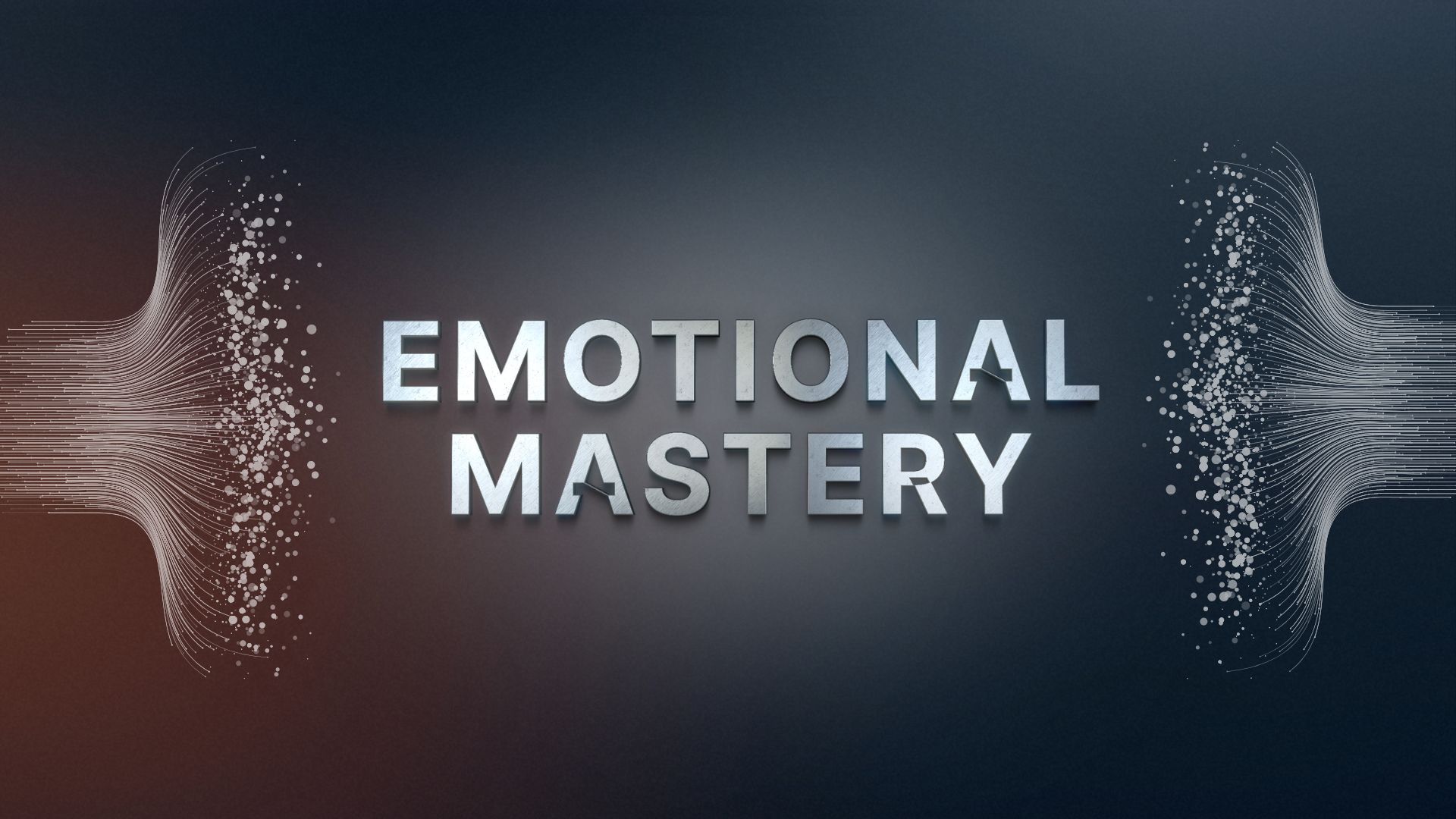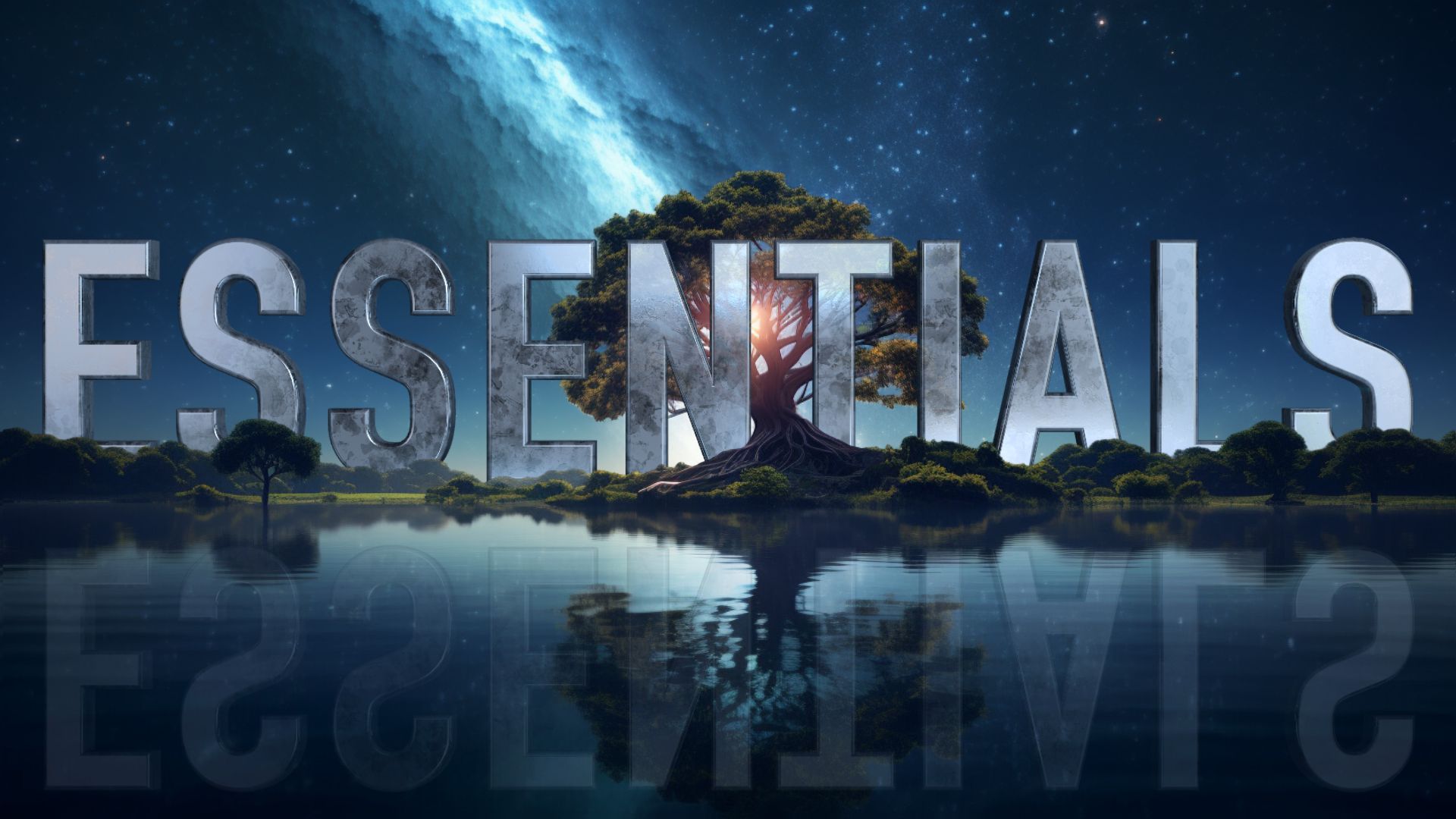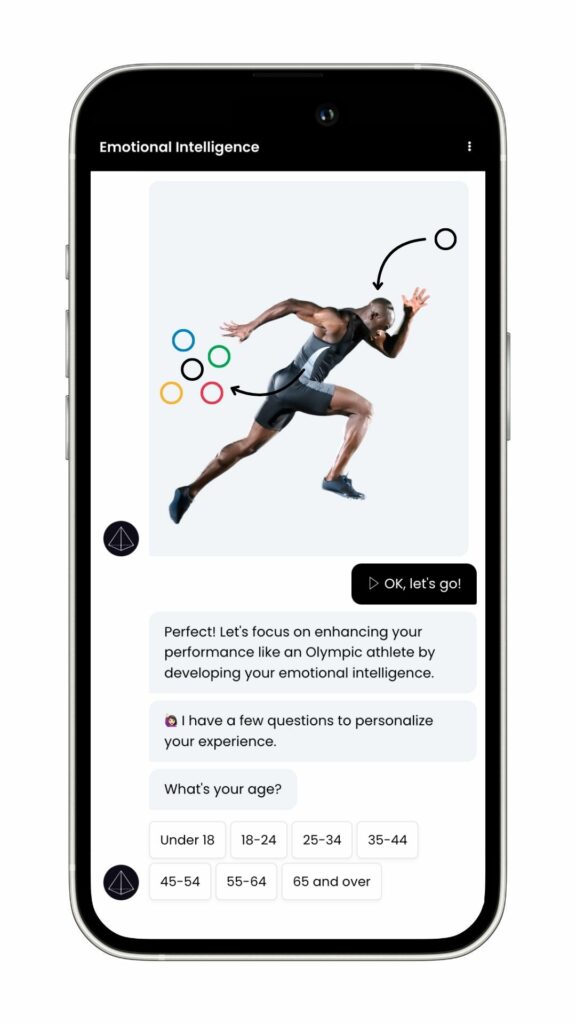Why forgiveness matters more than we think
A lot of things happen in life that we do not like.
Some experiences may indeed be evaluated as ‘bad’ by all rational standards. Such events can leave a big impression on the people involved. Some of the suffering that is created may create lifelong and even cross-generational turmoil.
Any trigger that reminds you of past trauma may trigger the same emotions later on.
The process may be visualized like this:
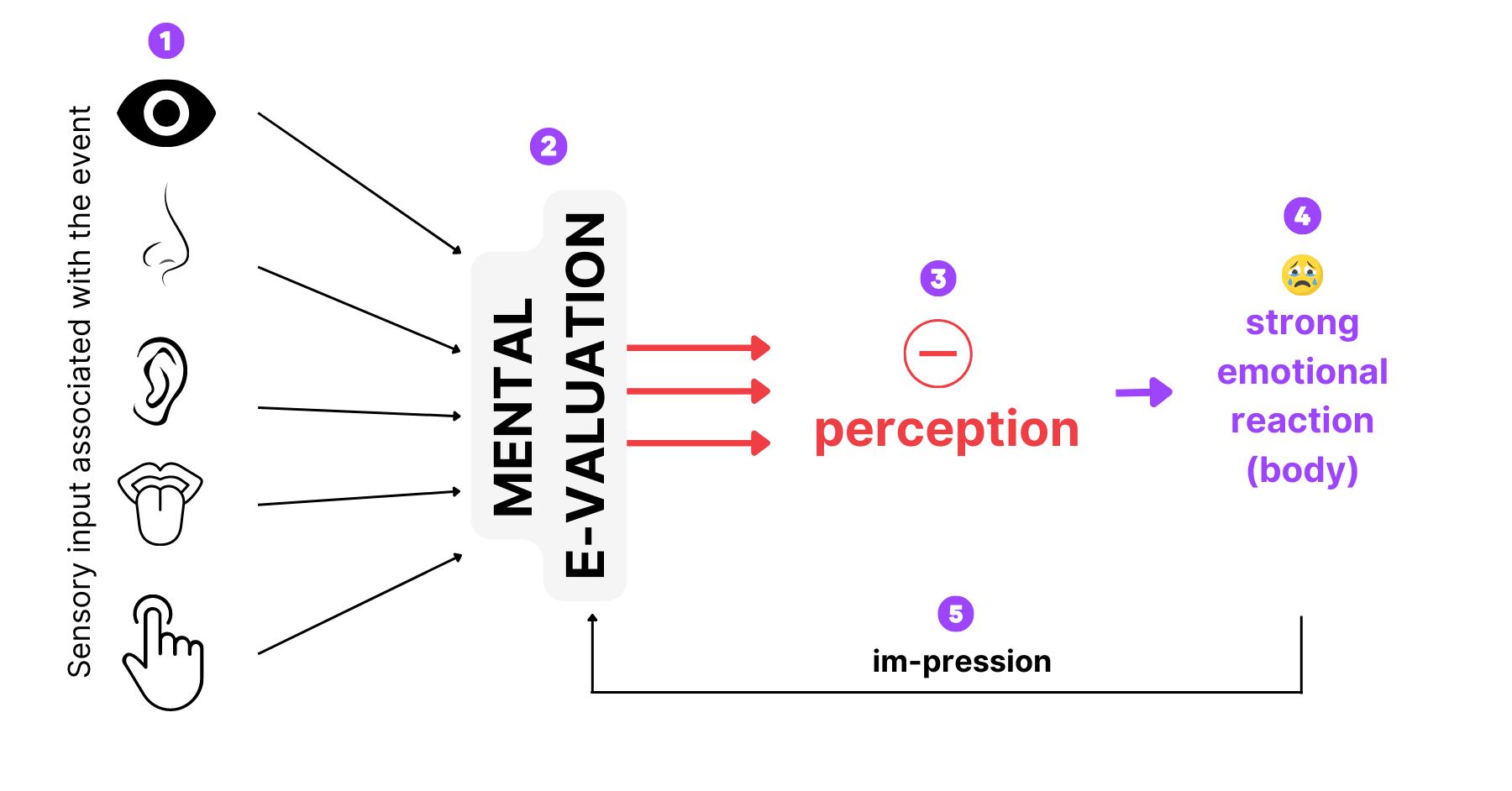
-
1
Something happens to you. Sensory input is recorded.
The event includes external stimuli (sights, sounds, smells) and internal reactions (thoughts, tension, posture).
-
2
Mental e-valuation
The brain e-valuates all this info subconsciously: its task is to 'make sense' of all the incoming input. It will create a proper reaction to protect the organism based on the outcome of this process.
-
3
Perception
Your perception of the situation is heavily colored by the brain's evaluation of the situation. You experience the outcome of this process.
-
4
Your emotional reaction
Your brain and body co-create an emotional response. A lot of energy rushes through your system and if not released, will get trapped.
-
5
Impression
This leaves a lasting imprint in both brain and body. Neural connections are strengthened that store the event and all the input associated with the event. The body also stores information about the event.
-
Recycling
These stored patterns and their emotional, physical response can get restimulated in the future by any trigger that was present during or may remind you of the event.
What Forgiveness Is — And What It Isn’t
Forgiveness is…
- Releasing the emotional weight of past experiences so they no longer define your present
- Breaking the unconscious patterns that keep you stuck in anger, hurt, or fear
- Choosing peace over prolonged inner conflict
- Accepting that you can’t change the past — but you can choose how it shapes your future
- Reclaiming your energy and attention from people or situations that no longer serve you
- Taking responsibility for your healing, without waiting for others to apologize
- Creating space for growth, clarity, and emotional freedom
- Practicing compassion — not because others deserve it, but because you deserve peace
Forgiveness isn’t…
- Saying that what happened was right, fair, or justified
- Minimizing the pain or impact of what was done to you
- Forgetting the event or pretending it didn’t matter
- Letting someone “off the hook” — especially when accountability is still needed
- Denying your anger, sadness, or grief
- Forcing reconciliation or restoring a relationship
- Becoming passive or accepting mistreatment
- Making forgiveness a performance for others — it’s an inner process, not a social obligation
Most ‘negative’ experiences are small, occasional events that we perceive as hurtful or threatening.
Their impact seems smaller, but if their energy is not released, the accumulated baggage impacts our well-being significantly. More often than not, this happens below the threshold of our conscious awareness.
To move forward, forgiveness may be necessary — including forgiving yourself. We should practice the art of forgiveness more than we dare to admit.
Forgiveness does not mean that we are saying that what happened is OK. It IS saying that we will not allow our past experiences to have so much power over us.
Forgiveness isn’t selfless. It’s a powerful act of self-liberation. It has to do with our peace of mind, our happiness, and our future.
To forgive means giving something up for yourself, not for the people or situations who wronged you.
It can be hard to forgive and let go, but harboring resentment and holding a grudge may hurt us even more.
Forgiveness techniques
The forgiveness letter
Writing by hand what we want to release can be a powerful act.
You can write a forgiveness letter to someone else or yourself. You could even write to a situation where no other people were involved, such as a natural disaster that caused harm to you or your loved ones.
Writing a forgiveness letter to someone else
To x,
I am writing to tell you that I forgive you for what you did that hurt me:
[Spell out the things you forgive the other person for and how they made you feel.]
This does not mean that I am saying that what happened is OK. However, I will not allow negative feelings of anger or resentment in my life any longer.
I am responsible to what happened instead of being controlled by events from the past.
I wish you well,
Your name
If you can, take the letter down to the mailbox and send it off. As you let go of the letter, feel the weight of the past drop off your shoulders. It is done. You can now get on with the rest of your life.
Writing a forgiveness letter to yourself
It may feel unusual at first, but writing a letter to yourself creates space between what you did and the impact that it’s having on your life.
Remorse and regret have no constructive role if they keep you stuck. You can’t change the past.
Making mistakes and doing your best to make up for them is how you grow. The forgiveness letter to yourself can be used to forgive yourself for past mistakes.
To [write your own name],
I am writing to forgive you for every foolish or hurtful thing you have ever said or done. You are not perfect. You make mistakes.
You are responsible for what you did, and you will apologize to the people that you have wronged with your thoughts, feelings, or actions:
[Spell out the things you forgive yourself for, their associated feelings, and how you will apologize to others]
I forgive you for saying and doing these things. This does not mean that what you did is OK, but I will accept the past and let go of my anger, resentment, remorse, and regret.
I now make these feelings a part of my growth process.
I love you,
Your name
Forgiveness meditation
Another powerful technique is to forgive someone during a meditation session. The technique is as follows:
-
1
Be still
Sit still, with your spine erect, and relax your body. Close your eyes. You can listen to some soothing, monotone music without lyrics if you like.
-
2
Focus
Focus your attention on a single thing, such as your breath, until you feel that you are sinking deeper into the meditation.
-
3
Visualize
Visualize the person you want to forgive (this can be yourself) standing in front of you. Imagine their physical details with your five senses.
-
4
Express your feelings
As soon as the image is clear, mentally tell them how they have wronged you and how this made (makes) you feel.
-
5
Forgive and expand
If you want, you can take their hand. Now tell them that you forgive them for these things. See and feel the negative energy of your past emotions flow out of you. Experience the expansion that this generates in your heart. Feel the inflow of positive energy. Dwell on this feeling for a bit.
-
6
Let go
Wish the person well and let them go. See them drift away until it’s just you who is present.
-
7
Just breathe
Bring your attention back to your breath. Breathe in and out slowly for a minute.
-
8
Return to presence
Gently open your eyes and smile. Well done.
Don’t expect instant relief. These techniques work gradually.
The goal is not the immediate disappearance of all your emotional burdens. The goal is to relieve some of the weight off your shoulder.
To become lighter…
…and lighter
…and lighter

